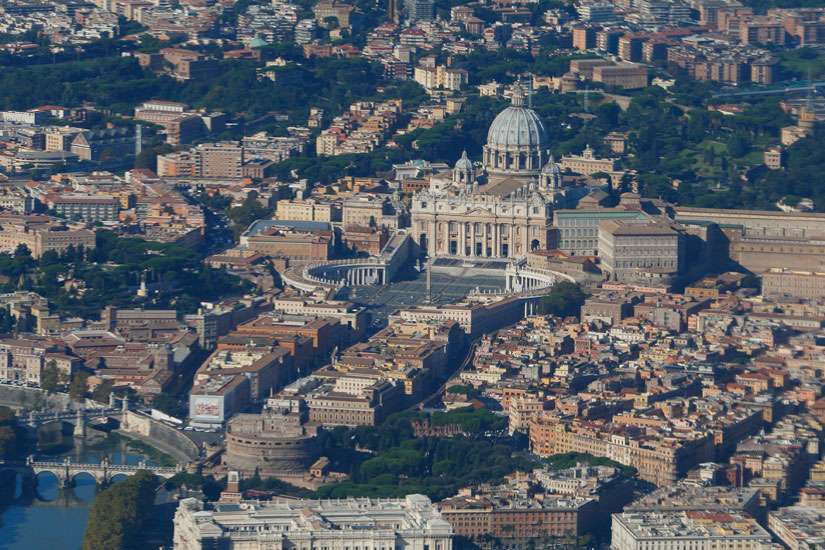But a statement released Feb. 8 at the end of the biannual meeting of the Pontifical Commission for the Protection of Minors made no mention of its Feb. 6 decision that Peter Saunders, a clerical abuse victim from Britain, would take a “leave of absence.” After that announcement, following a majority decision by the 17-member commission indicating they could no longer work with Saunders, he insisted that he had no intention of resigning.
The final statement by the papal commission instead cited progress on a range of issues and reiterated that its chief task is establishing policies that churches around the world should follow to protect children.
Saunders, founder of the National Association for People Abused in Childhood in Britain, has frequently been critical of the Vatican’s handling of clerical abuse and the apparent slow working pace of the commission, which was created by Pope Francis nearly two years ago. He has argued the advisory body should advocate for particular cases that come to light. One of those cases, Saunders says, concerns Bishop Juan Barros of Osorno in Chile, who was appointed by Francis last year.
Barros’ longtime mentor was a priest later convicted of sexually abusing children, Fr. Fernando Karadima.
Barros has denied allegations that he covered up abuse by Karadima and rejected calls for his resignation. He has also been supported by the Pope, who has said there is no evidence that Barros knew of Karadima’s abuse; Francis has also sharply criticized Barros’ passionate critics.
During the commission’s meeting Feb. 7, a survivor of abuse by Karadima, Juan Carlos Cruz, delivered letters from Catholics in his home country calling for the resignation of Barros. Cruz said he handed the letters to the commission’s president, Cardinal Sean O’Malley, in the hope they would be passed on to the Pope.
Speaking alongside Saunders, Cruz called the commission a “disgrace.”
Another abuse victim, Marie Collins of Ireland, has said she wants the commission to be effective. She remains on the commission and has not commented publicly on Saunders’ status.
The commission’s final statement said that proposals to be put to the Pope include establishing a regular day of prayer and “a penitential liturgy” as well as “a request for him to remind all authorities in the Church of the importance of responding directly to victims and survivors who approach them.”
The body is also developing a web site on best practices and is bringing in a growing number of outside experts to advise them while also meeting with bishops’ conferences around the world to brief them on preventing and dealing with cases of clerical abuse.
The Pope last year agreed to create an in-house tribunal to hear cases of bishops who fail to protect children from clerical molesters, but it hasn’t been set up yet.
In a related development, an official panel in Australia investigating the sexual abuse of children said that the Vatican’s financial chief, Cardinal George Pell, former archbishop of Sydney, would be allowed to appear by video link to respond to questions related to his knowledge of abuse while serving in Australia.
Pell has said a heart condition limits his ability to travel.
Saunders last year called Pell “almost sociopathic” in his handling of sex abuse claims while he was in Australia, a criticism the Vatican rejected.


